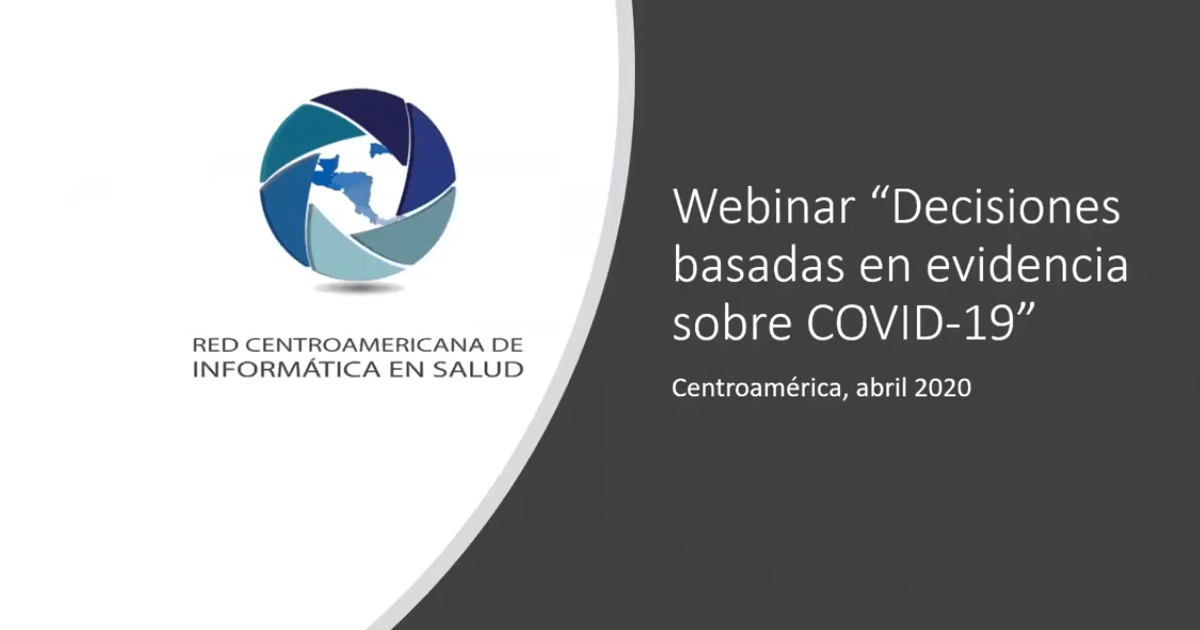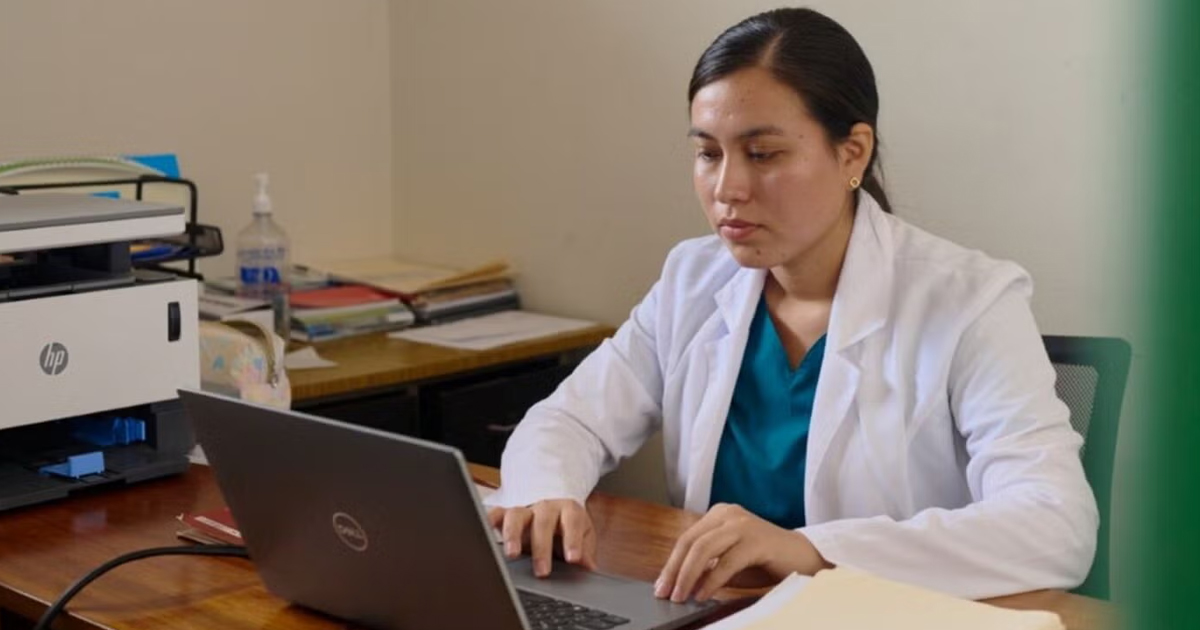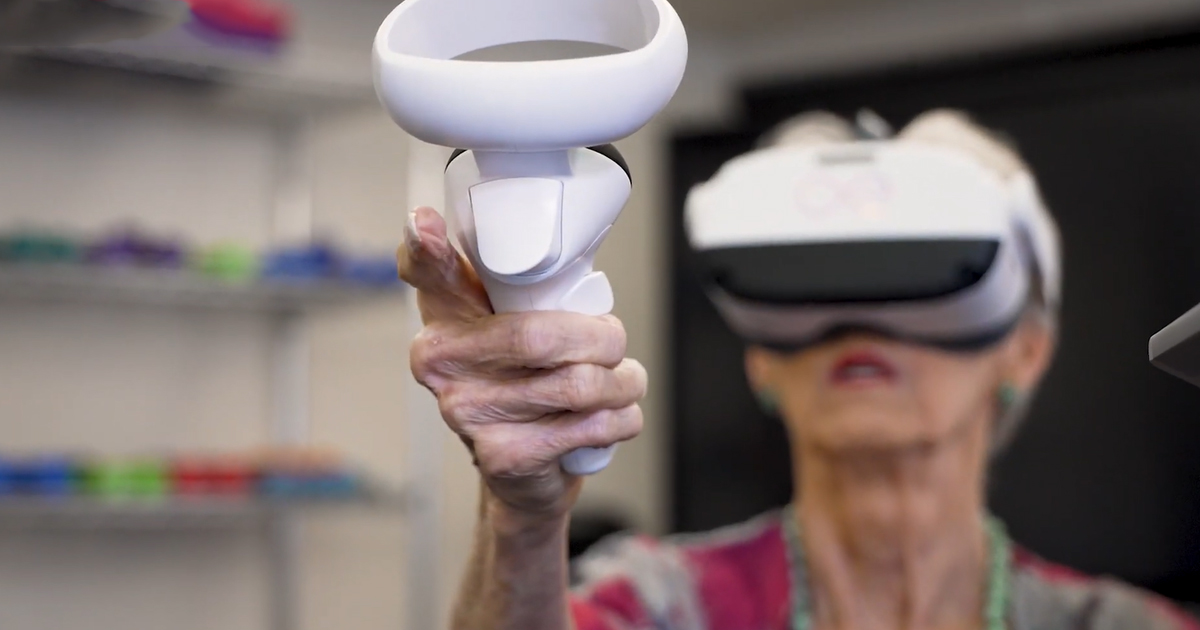El 14 de abril, la Red Centroamericana de Informática en Salud en colaboración con Elsevier presentaron una conferencia en línea sobre la toma de decisiones en tiempos de COVID-19
Daniel Otzoy, miembro de Recainsa experto en Transformación Digital y Digital Health fue el encargado de moderar la sesión, y por parte de Elsevier la encargada de la sesión fue Daniela Naranjo, Product Sales Manager en Latinoamérica.
Al inicio de la sesión Otzoy presentó un breve resumen de la situación actual de la pandemia en Latinoamérica, así como información sobre las preguntas frecuentes sobre COVID-19 en Google y datos sobre tipos de desinformación.
Otzoy también presentó el Top 5 de fuentes de evidencia objetiva más citadas mediante Google Scholar con información sobre COVID-19: OMS, The New England Journal of Medicine, The Lancet, JAMA Network y National Institutes of Health (NIH)
Posteriormente, Daniela Naranjo por parte de Elsevier, que es una de las editoriales de medicina más importantes y también se define como una compañía de análisis de información, presentó un resumen de las acciones que ha tomado la editorial durante las últimas semanas en relación a la pandemia.
El objetivo de la conferencia en línea es el “Apoyar a constituir un programa de apoyo a COVID-19 que garantice el bienestar de los pacientes y del equipo clínico”.
Naranjo explicó que las crisis en salud llevan a una explosión de información e investigación clínica y epidemiológica, lo que puede llevar a desinformaciones. Por lo tanto, la editorial decidió dar acceso a el mayor contenido posible, en relación al COVID-19, dirigida tanto a instituciones de salud pública como a público en general.

Desde marzo se pusieron a disposición todos los contenidos para PubMed y los NIH, además de la capacidad de utilizar herramientas de minería de datos e inteligencia artificial para aprovecharlos al máximo.
De esta forma, han habilitado el centro información sobre el nuevo coronavirus, con los 21 mil artículos disponibles, con secciones específicas para investigadores, para clínicos y para el público en general.
Además, explicó el COVID-19 Tool Kit center, que, a diferencia del centro de información general, está centrado específicamente a la atención de pacientes y que tiene como objetivo generar apoyos clínicos a personal de salud que trata pacientes con COVID-19. Permite al profesional de la salud la gestión de síntomas, de diagnóstico, de tratamiento y de bienestar general.
Ofrece también herramientas para los distintos niveles de cuidado: ambulatorio, de urgencias, hospitalario y cuidado intensivo.
Finalmente explicó los elementos para construir un programa de apoyo a Covid-19, que incluye cuatro pilares:
- Educación al staff
- Educación al paciente
- Treatment
- Provisión de cuidados
Como fueron expuestos, existen diversos recursos de Digital Health para evitar la desinformación clínica, y para mantener informados a los profesionales de la salud que atienden pacientes con COVID-19. El webinar completo está disponible en el siguiente enlace: https://recainsa.org/webinar-decisiones-basadas-en-evidencia-sobre-covid-19/







